10 + 1 Awards!
More...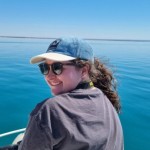 2024 Best Student Paper Award Winner
2024 Best Student Paper Award Winner
“Ancestry testing of “Old Tom,” a killer whale central to mutualistic interactions with human whalers”
More...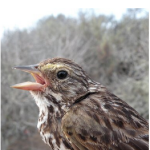 Announcing the 2023 Evolutionary, Ecological, and Conservation Genomics (EECG) Research Award Recipients
Announcing the 2023 Evolutionary, Ecological, and Conservation Genomics (EECG) Research Award Recipients
Six PhD students and four postdocs receive funding.
More... 2023 Special Events Awards
2023 Special Events Awards
Two US workshops and one student-led Canadian conference received funding
More... 2023 Student-Authored Paper Award Outcome
2023 Student-Authored Paper Award Outcome
Alison Miller wins award for best student-authored paper in the 2022 volume of Journal of Heredity
More...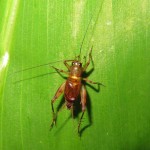 2021 Evolutionary, Ecological, and Conservation Genomics (EECG) Research Awards
2021 Evolutionary, Ecological, and Conservation Genomics (EECG) Research Awards
Thirteen students/postdocs receive award funding for research projects
More... 2018 Ecological, Evolutionary and Conservation Genomics (EECG)
2018 Ecological, Evolutionary and Conservation Genomics (EECG)
Seven students/postdocs receive award funding for research projects
More... More...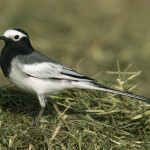 2019 Evolutionary, Ecological, and Conservation Genomics (EECG) Research Awards
2019 Evolutionary, Ecological, and Conservation Genomics (EECG) Research Awards
Eight students/postdocs receive award funding for research projects
More...At the 2014 AGA Symposium, the Council of the American Genetic Association granted the annual Stephen J. O'Brien Awards for best student-authored articles published in Journal of Heredity’s 2013 volume. The award honors Dr. Stephen J. O’Brien, who served as Editor-In-Chief for the Journal from 1987-2007.
More...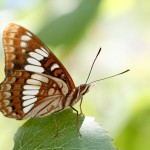 2017 Evolutionary, Ecological, and Conservation Genomics Research Awards Outcome
2017 Evolutionary, Ecological, and Conservation Genomics Research Awards Outcome
Six students/postdocs receive award funding for research projects
More...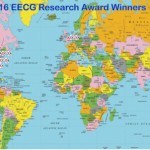 2016 Ecological, Evolutionary and Conservation Genomics (EECG) Awards
2016 Ecological, Evolutionary and Conservation Genomics (EECG) Awards
7 grad students and postdocs have received awards to help them complete genomics projects
More...The AGA grants awards each year to members to support special events that further the purposes of the Association, particularly to encourage student participation. Eligible events include specialized workshops, short courses in some aspect of organismal genetics, and meetings in areas of great current interest, but any event that would advance the purpose of the Association is eligible for support.
More...
Check out our Editor's Choice article by Zimmerman et al., examining the great plains bison at American Prarie, while our cover this issue is courtesy of Winter et al., who lay out the best assembly yet of the beautiful Ural owl
AGA member have elected a new President and Councilors.
Jeff Good
Katie Lotterhos
Al Roca
Christine Edwards
Klaus-Peter Koepfli
Michael Russello
Nevé Baker
Apply now for an AGA
Any questions? Contact the Managing Editor at theaga@theaga.org.